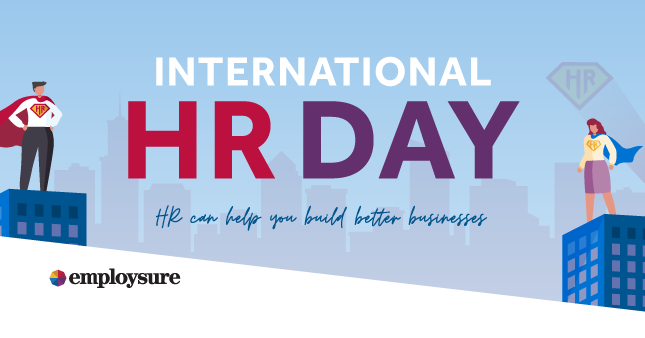
ick leave has quickly become one of the biggest challenges facing businesses in 2021, particularly during the latest COVID-19 outbreak.
While sick leave should not be treated with suspicion, employers who have their doubts can launch an investigation into sicknesses if they have reasonable grounds for believing it to be fake. Under the Holidays Act 2003, an employer may require an employee to produce proof of sickness or injury, and obtaining proof will be at the employees cost if they are on sick leave for a period of three or more consecutive calendar days.
In most cases, this evidence takes the form of a medical certificate. However, with the current working environment in such a fragile state, issues like forged certificates can be all the more difficult to deal with, especially for small businesses.
Employsure, New Zealand’s largest workplace relations advisor, has had a number of enquires in recent months, from clients seeking assistance on how to handle employees they suspect have forged medical certificates.
“There are several ways medical certificates are handed out to patients and employers may wish to check documents given to them are legitimate if they are questioning the genuineness of an employee taking sick leave,” said Employsure employment relations specialist Maddie McKenzie.
“What’s important to note for employers is if they do have employees who have raised grounds that warrant suspicion, it’s always best to contact the doctor and confirm the legitimacy of the certificate. Due to confidentiality, a doctor cannot discuss the employee’s medical information however they can usually confirm whether or not a medical certificate was issued by their practice.
“In an instance an employer is provided a forged certificate, there are a number of options to consider, however it should be handled on a case-by-case basis. When it comes to the difference between dismissal or a lesser disciplinary outcome, it will depend on many factors. These factors may include the severity of the allegation, what is in the employer’s policies and procedures, as well as the employee themselves, including their responses during a disciplinary process and their history at the company.
“It is recommended to commence an investigation process with the employee to understand the situation better and take disciplinary action if warranted. If the employer has a policy in place that defines misleading or deceptive behaviour as serious misconduct, and there is found to be sufficient justification, an outcome of termination may be considered after following a fair and reasonable disciplinary process.”
Monitoring which workers are sick is crucial to reducing infection in the workplace, and it’s recommended employers have a digital platform in place to help with this. People management software like BrightHR can help employers log medical certificates, plan rosters accordingly to reduce the spread of disease, and keep track of employees who have received their COVID-19 vaccination.
Further enquiries:
Matthew Bridges



